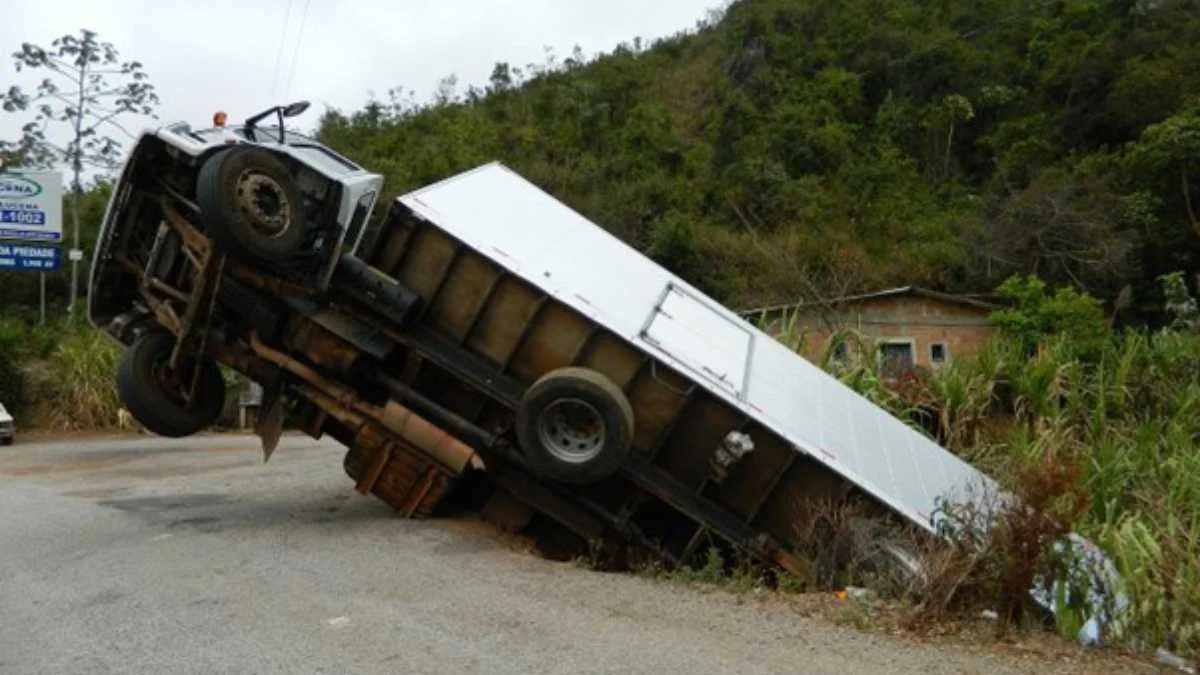LAW
How Federal Regulations Affect Your Truck Accident Case

Truck accidents are terrifying. They’re not just bigger crashes; they can cause life-changing injuries, massive property damage, and endless legal headaches. But what many people don’t realize is that federal regulations play a major role in how these cases unfold. If you’ve been in an accident involving a commercial truck, there’s a good chance that the outcome of your case will depend on rules you’ve never even heard of.
That’s exactly why it’s so important to talk to a truck accident attorney if you’re dealing with a situation like this. These cases aren’t just about proving fault. They often involve complex federal laws that dictate everything from how long a truck driver can be on the road to how often a truck must be inspected. Understanding how these rules come into play can make a big difference in your case.
What Are Federal Trucking Regulations?
Federal regulations are rules set by government agencies to make roads safer and hold trucking companies accountable. In the U.S., these rules are mainly enforced by the Federal Motor Carrier Safety Administration (FMCSA). They apply to commercial trucks that travel across state lines, but many states follow these rules even for local hauls.
Some of the most well-known federal rules include:
- Hours of Service (HOS) Regulations: These limit how long a driver can be behind the wheel before they must take a break. The goal is to prevent drowsy driving.
- Vehicle Maintenance Requirements: Trucks must be regularly inspected and maintained to stay roadworthy.
- Driver Qualifications: Drivers must meet certain standards, such as passing medical exams and holding a valid commercial driver’s license (CDL).
- Drug and Alcohol Testing: Truck drivers are subject to random tests to ensure they are sober while operating their vehicles.
These rules exist for a reason—when they’re broken, the results can be deadly.
How Violating Federal Rules Can Impact Your Case
If a truck driver or company breaks federal regulations and an accident happens, it can change the entire course of a legal case. Here’s how:
- Proof of Negligence: If a trucker was driving longer than allowed by law, or if the truck was overdue for maintenance, that can serve as strong evidence of negligence.
- Company Responsibility: Sometimes, it’s not just the driver who’s at fault. If a trucking company encouraged unsafe practices to meet deadlines, they might be held liable too.
- Bigger Compensation: When federal rule violations are involved, victims may be entitled to more compensation, especially if the actions were reckless or willful.
In short, breaking these rules can strengthen your case and hold more people accountable.
How a Lawyer Uses Federal Regulations to Help You
An experienced attorney will dig into the trucker’s logs, maintenance records, inspection reports, and more. These documents can show whether a federal rule was ignored. For example, if a trucker drove for 14 hours straight when the limit is 11, that’s a serious violation.
Lawyers also understand how to gather evidence and request records from trucking companies. These records are often not easy to get unless you know what to look for. That’s why legal help can make a major difference in proving your case.
What You Can Do After a Truck Accident
If you’re in a truck accident, here’s what you should keep in mind:
- Get Medical Help First – Your health is the top priority.
- Document Everything – Take photos, get contact info, and save any paperwork.
- Don’t Talk to Insurance Adjusters Alone – They may try to get you to settle for less.
- Reach Out to an Attorney – Especially one familiar with trucking regulations.
Final Thoughts
Federal regulations aren’t just bureaucratic red tape—they’re crucial rules that can influence the outcome of a truck accident case. When these rules are broken, it opens the door for accountability and justice. Knowing how these laws work helps you understand your rights and gives you the power to take the right steps after a crash.
So, if you or someone you know has been involved in a truck accident, don’t wait around confused and overwhelmed. Learn your rights, understand the rules, and take action to protect yourself.
-

 BIOGRAPHY9 months ago
BIOGRAPHY9 months agoBehind the Scenes with Sandra Orlow: An Exclusive Interview
-

 HOME1 year ago
HOME1 year agoDiscovering Insights: A Deep Dive into the //vital-mag.net blog
-

 HOME1 year ago
HOME1 year agoSifangds in Action: Real-Life Applications and Success Stories
-

 BIOGRAPHY1 year ago
BIOGRAPHY1 year agoThe Woman Behind the Comedian: Meet Andrew Santino Wife




























